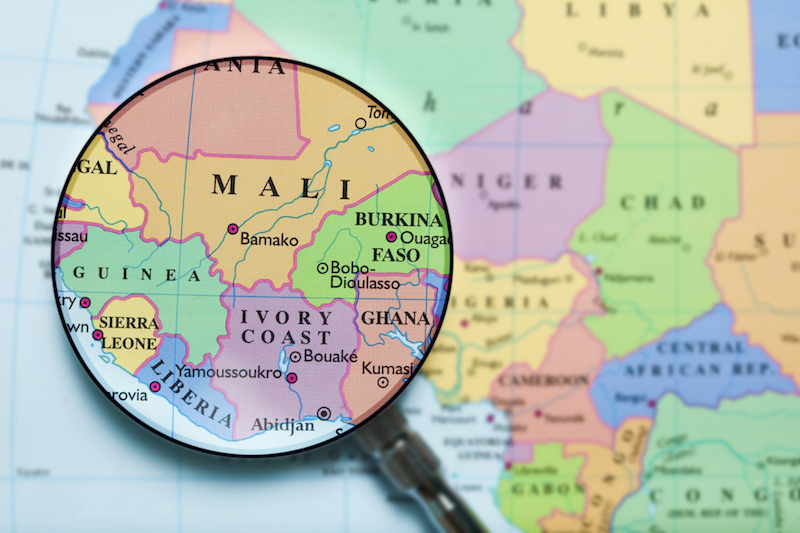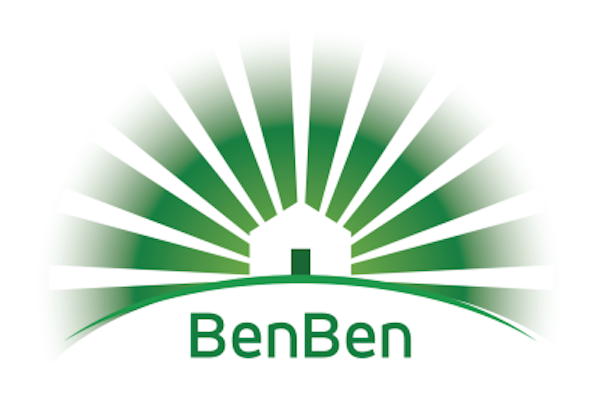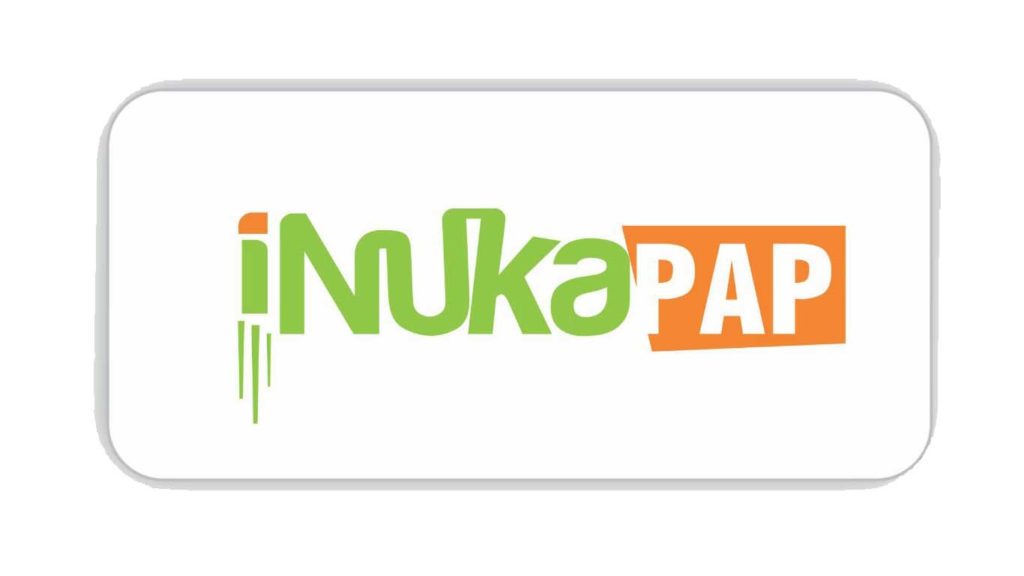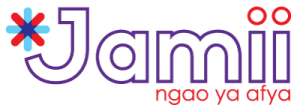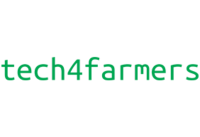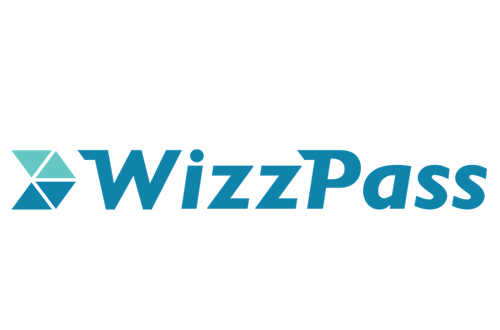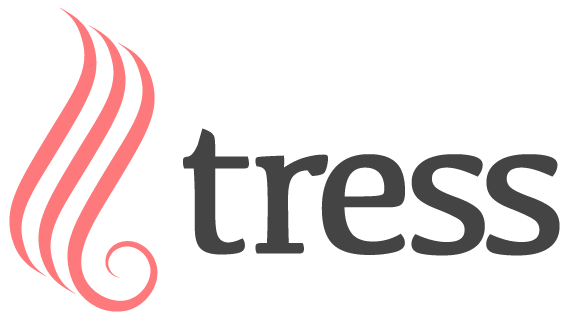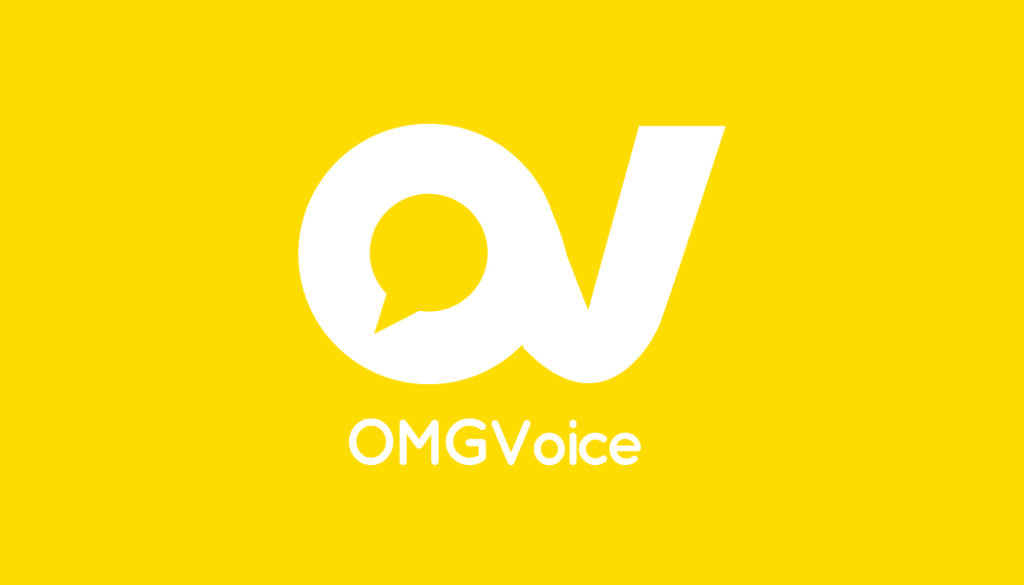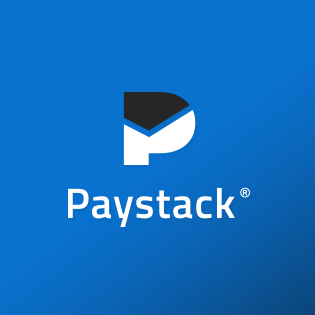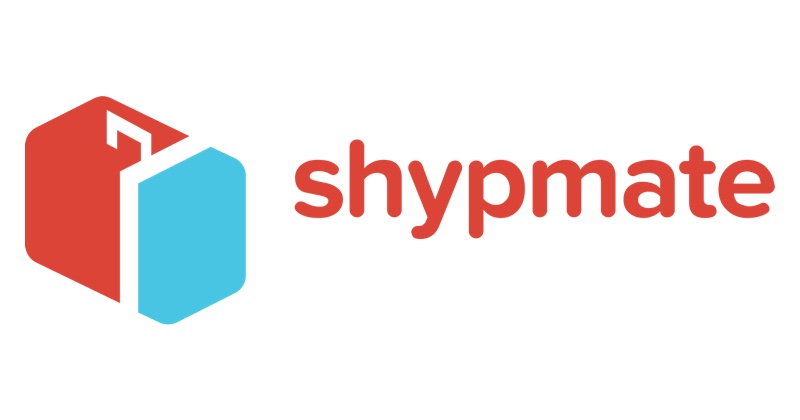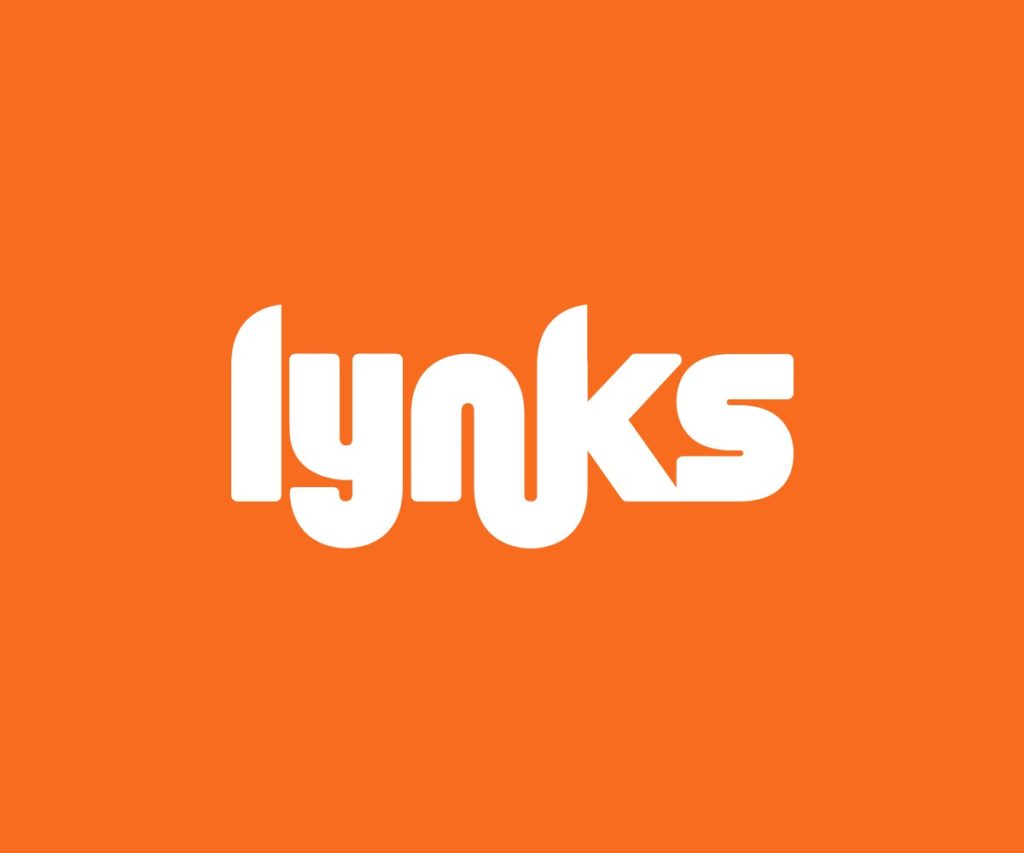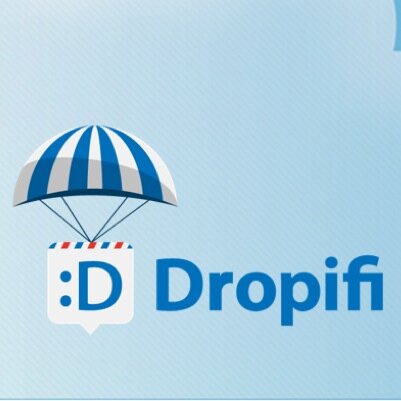One of the more interesting quotes I’ve read is that brilliance is evenly distributed, but opportunity is not (I got that off Andela’s about page, by the way). Beyond baking software developers and linking them with large tech companies, if we zoom out a little, we’ll see that the same applies with founders and their founded (startups). I meet people once in a while that are obviously brilliant, but are getting their buzzes killed by the environment they live in, and I can’t help but wonder what they’ll go on to do if somehow, someone levelled the playing field.
Just last week, I wrote that come September, two Y Combinator Partners will visit Nigeria to “meet and fund” the best founders they can find. In that report, was the stat that more than 30% of the startups in YC’s Summer 2016 batch were founded by people based outside the US – more than ever before. I have a theory about this, and it goes beyond the need to balance things out demographically – “Diversity”.
I think people are (slowly, but surely) beginning to realise that over-reliance on a small demographic for (I don’t know) ALL THE SOLUTIONS IN THE WORLD is a bad idea. People’s perspectives are largely shaped by their experiences, and so people who look the same, attended the same schools, had (pretty much) the same experiences will approach problems similarly, since their worldview is the same. Essentially, groupthink. Little diversity in thought, and almost no diversity in action.
I said it in here, before that the future is not made up of extensions of existing ideas, but of violent clashes between them. What better way to create a clash of ideas than to create a global ecosystem where the seats at the table are evenly distributed between people from many backgrounds? Note: nobody is asking for anyone to come “save Africa” by giving handouts. Level the playing field. In the same vein, Tola and I spent a while digging and compiled a list of 23 African startups that have gotten noticed (accepted) by SV Accelerators/Incubators in the past few years. I think many of these founders are building really interesting (some, funny) products and they deserve to be celebrated. Here goes nothing.
Techstars
Techstars is a mentorship-driven startup accelerator that holds 13-week programs for startups/startup founders. It was started by David Cohen, Brad Feld, David Brown, and Jared Polis in Boulder, Colorado but has since expanded to New York, Tel-Aviv, Boston, Seattle, San Antonio, Austin, Chicago, LA, Atlanta, Detroit, Minneapolis, London, Cape Town, and Berlin. Some people call it the Harvard of startup accelerators because fewer than 1% of the companies that apply to Techstars are accepted. Here’s a list of the African/African-founded startups they’ve let in so far.
1. Bamba Group (Kenya)
Bamba is a cloud-based software company that makes data collection in emerging markets easier using SMS solutions. With Bamba, companies can carry out surveys (SMS Survey) and have one-way (SMS Broadcast) or two-way communication (SMS Chat) with their audience. It was co-founded by Al Ismaili, Faiz Hirani, Shehzad Tejani in 2012, and it joined Techstars’ three-month accelerator programme in February this year.
2. Asoriba (Ghana)
Asoriba (meaning“church member” in Twi, one of Ghana’s languages) is a cloud-based online donation and church administration platform. It helps admins manage things like membership, attendance, events, communication, lets people make donations and offerings, and is said to be “changing religion in West Africa”.
3. BenBen (Ghana)
BenBen is an interactive map platform and digital land database built on the Blockchain platform. Founded by Daniel Bloch, it is used to provide governments, financial institutions, realtors and everyone else easy access to property information.
4. iNuka Pap (Kenya)
iNuka Pap is a mobile platform that partners with savings and credit co-operatives (SACCOs) in Africa to provide members access to instant loans. The company is currently based in Kenya and has a user base of about 120,000 members.
5. Jamii (Tanzania)
Jamii is a mobile micro-health insurance company that provides low-cost health insurance to the demographic at the bottom of the pyramid. More than 37 million Tanzanians cannot afford hospital healthcare or regular insurance and Jamii’s mission is to plug that hole by building strategic partnerships with telecoms and local insurance companies to help keep insurance costs low and allow people pay via mobile money.
6. Social Lender (Nigeria & SA)
Social Lender gives its users short term loans based on their reputation on online social media platforms. Small loans given to users are guaranteed by their social profile (and network of friends). Social Lender’s algorithm performs a social audit of the user’s online media pages and friend networks and gives a Social Reputation Score to them. Based on this score, they can now take loans from financial institutions.
7. Tech4farmers (Uganda)
Tech4farmers is a digital marketplace and payments solution for agricultural commodities. It provides target groups like rural farmers, warehouse operators, and financial service providers access to real-time market information using an electronic commodity exchange and warehouse receipt system. Tech4farmers encourages transparency throughout the value chain, and reduces operational and transactional costs for farmers and traders.
8. Wizzpass (SA)
Wizzpass is an application that provides parking solutions for public centres like malls, offices, airports and hospitals where paid parking happens. With the app, visitors can be registered and given access to a parking area for a specific time and date. After being registered, the visitor can use the app to open the parking lot barrier on entry or exit. If a parking fee is due, the amount is removed from the visitor’s credit card.
9. MAX (Nigeria)
MAX is a hyperlocal on-demand delivery service that delivers packages, cutting delivery time from the usual 2 – 4 days to 3 hours. They’re able to do this with the use of algorithms, maps and their network of independent drivers. MAX has, since its inception in 2015, completed more than 20,000 deliveries for 700 clients.
Y-Combinator
In the past few months, a slew of African startups have made it into what’s arguably the world’s most popular seed accelerator programme, Y Combinator. It was founded in 2005 by Paul Graham, Jessica Livingston, Robert Morris, and Trevor Blackwell. The companies that make it into one of their two annual batches receive seed money, advice, and connections in exchange for a 7% stake.
1. Instabug (Egypt)
Instabug is an Egyptian startup that helps app developers fix bugs by making it easy to communicate with beta testers. It’s been described as the “simplest in-app feedback and bug reporting for mobile apps” and some of their most popular clients include PayPal, BuzzFeed, and SoundCloud.
2. Tress (Nigeria and Ghana)
Tress is a hairstyle inspiration app for black women. As a community, users can share and discover different kinds of hairstyles along with the specifics of those hairstyles. Specifics include details such as name of products that was used, location of the salon where it was made, and price range. They’ve racked up more than 10,000 users in a few months and they want a piece of the $500 billion global haircare market.
3. Kuhustle (Kenya)
I like to think of these guys as Uber, but for tech talent. Kuhustle is a freelance community that connects software developers with potential clients – individuals or corporations. Established in 2014 by co-founders Sam Gichuru and Billy Odero, Kuhustle has more than 18,000 users with about 130 jobs posted every month.
4. Connect Health (Kenya)
Connect Health is a telemedecine consultation service that connects users with qualified doctors. It eliminates the stress of visiting hospitals and enduring queues. Users can also get lab and prescription orders through the app, and have drugs delivered to their location.
5. OMG Digital (Ghana)
Described as Buzzfeed for Africa by TechCrunch, OMG Digital is a West Africa-based media startup that provides entertainment content for African millennials.
6. Saida (Kenya)
Hmm. Saida is an app provides users with short-term loans based on their phone habits – how much they make phone calls, send texts and use mobile data. With interest rates as low as 7.5%, Saida allows users borrow up to KES 25,000 and pay back within 90 days.
7. Paystack (Nigeria)
Paystack is a service that helps Nigerian merchants and businesses seamlessly accept online payments from customers all over the world. It’s been touted as the solution to the clusterfuck that is Nigeria payments.
8. Shypmate (Nigeria)
Shypmate is a peer-to-peer delivery service for individuals to buy products from international sites and get them delivered through home-bound travelers. It’s a cheaper way for users to have their goods delivered, and an avenue for travelers to earn a few bucks.
9. Lynks (Egypt)
Lynks is a delivery service that offers Egyptians an easy way to buy stuff from the US. With Lynks, users are informed of deals and discounts on their favourite sites.
10. Flutterwave
Flutterwave is an end-to-end payments platform that touches all bases in payments processing from being a gateway, to mitigating risk, to settlements. It’s not just a consumer facing PSP (Payments Service Provider) like we’re used to seeing. Flutterwave is Andela co-founder, Iyin Aboyeji‘s newest venture and he’s currently at the YC programme in San Francisco.
500 startups
500 Startups is an early-stage venture fund and seed accelerator founded by Dave McClure and Christine Tsai in 2010. They’ve grown quite a bit since then, since their first “class” had 12 startups, and this year, they accepted their 18th with 46 startups. Since its inception, 500 startups has invested in over 1200 startups, 20-30% of which are from outside the US. Here’s the 5 they’ve invested in from Africa.
1. Dropifi (Ghana)
Dropifi is a customer-centred service that helps businesses generate more leads, engage their customers,and gain valuable business insights. Using the Dropifi contact widget, companies can communicate with their customers and get real-time enquiries from their websites.
2. Kudobuzz (Ghana)
Kudobuzz is the second Ghanaian startup to be accepted into 500 startups. It was founded in 2013 by Kena Amoah, David Tetteh and Nii Larbie, and it’s a testimonial widget. Translation: it helps small businesses find positive customer reviews on social media and posts them to their websites. They got into 500 startups’ 4-month accelerator programme last year.
3. SweepSouth (SA)
Uber, for domestic cleaning. SweepSouth is an on-demand cleaning service founded in 2014 by husband and wife team, Alen Ribic and Aisha R. Pandor. With an hourly rate of R38, SweepSouth deploys domestic workers, maids and housekeepers to clean the homes of their clients.
4. Podozi (Nigeria)
Podozi is an online store for beauty products like makeup, perfumes, body cream. Founded in 2014 by Teniola Adejuwon and Wale Babatunde, Podozi got accepted into 500 startups in February 2016.
5. SureBids (Nigeria)
Surebids is startup that provides a safe way to send retail vouchers. With Surebids, users can send vouchers that can be redeemed at select retail brands or utility merchants. Surebids is the parent company of SureCredit, SureGifts and SureRemit.
That’s all folks






